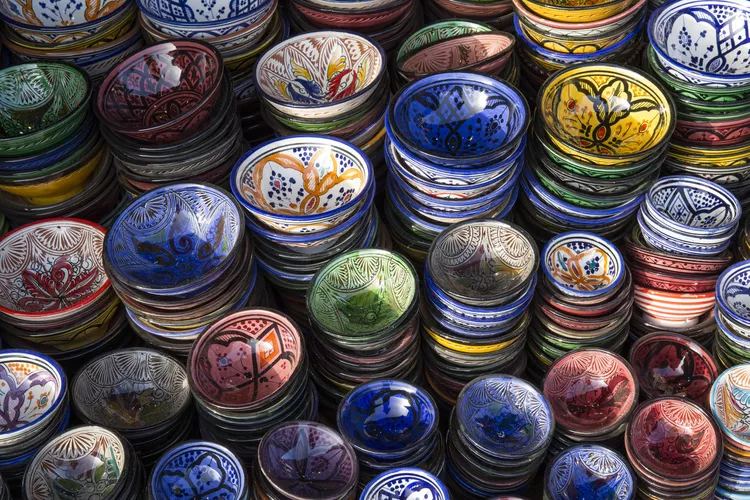1. Overview
Explore the essentials of shopping in Africa, from legal considerations to responsible practices, while ensuring a memorable experience filled with unique souvenirs.
Shopping in Africa is an experience that blends culture, heritage, and creativity. Local markets and vibrant medinas not only showcase colorful items but also offer a glimpse into the rich traditions of the continent. Whether you find yourself admiring handcrafted Zulu beadwork in Durban or unique artifacts in Egypt, understanding how to navigate these markets is crucial for an enriching experience.
2. Make Sure It’s Legal
When shopping in Africa, it is important to ensure that the items you purchase are legal. Many markets may have products made from endangered animals or protected plants. Focus on avoiding souvenirs made from tortoiseshell, ivory, or other body parts of endangered species. Remember, customs regulations will likely lead to confiscation of illegal items, and you may face fines. For more information on legal purchases, refer to the TRAFFIC wildlife trade monitoring network.
Additionally, be cautious when considering antiquities, especially in regions with rich historical significance like Egypt. The illegal looting of ancient sites has surged, resulting in a risk that your intended purchase may contribute to cultural degradation. Opt for replicas instead.
3. Shop Responsibly
While not every item is illegal, some may still carry ethical concerns. Items such as coral and shells harvested from oceans pose environmental threats. Likewise, furniture produced from unsustainable wood can contribute to deforestation and habitat loss. Support local artisans where possible, as purchasing from markets that contribute to local economies or conservation efforts can help sustain communities.
4. Consider Luggage Restrictions
In your eagerness to gather souvenirs, don’t forget to think about practicality. Weigh your baggage and ensure it adheres to airline limits to avoid additional costs. Usually, international airlines allow a maximum of 23 kilograms for economy class travelers, while domestic carriers in Africa may have stricter regulations. Always check the baggage policy to avoid surprises later.
5. Bargaining and Bartering
Bargaining is a cultural norm in many African markets. To engage effectively, start by offering about half of the seller’s initial price and negotiate from there. Should you encounter resistance, consider walking away; often, this tactic encourages sellers to lower their prices. Always respect the seller’s perspective and carry small bills to simplify transactions.
Furthermore, transforming prices into your local currency can prevent misunderstandings over perceived values. Although it’s enjoyable to haggle, remember that artisans in struggling economies rely on their sales, so fair compensation may sometimes be necessary for ethical shopping.
6. Exchanging Goods
In several regions of sub-Saharan Africa, exchanging goods can be a viable option. Brand-name items like sneakers and team jerseys hold significant value and can serve as effective barter tools for souvenirs. Particularly in areas passionate about football, your old clothes may enable you to obtain long-lasting memories and foster personal connections with local traders.
In conclusion, while shopping in Africa can be a delightful experience filled with unique finds, remaining aware of legalities and ethical considerations will enhance your journey. Thus, embrace the adventure while ensuring a positive impact on the local culture and economy.





